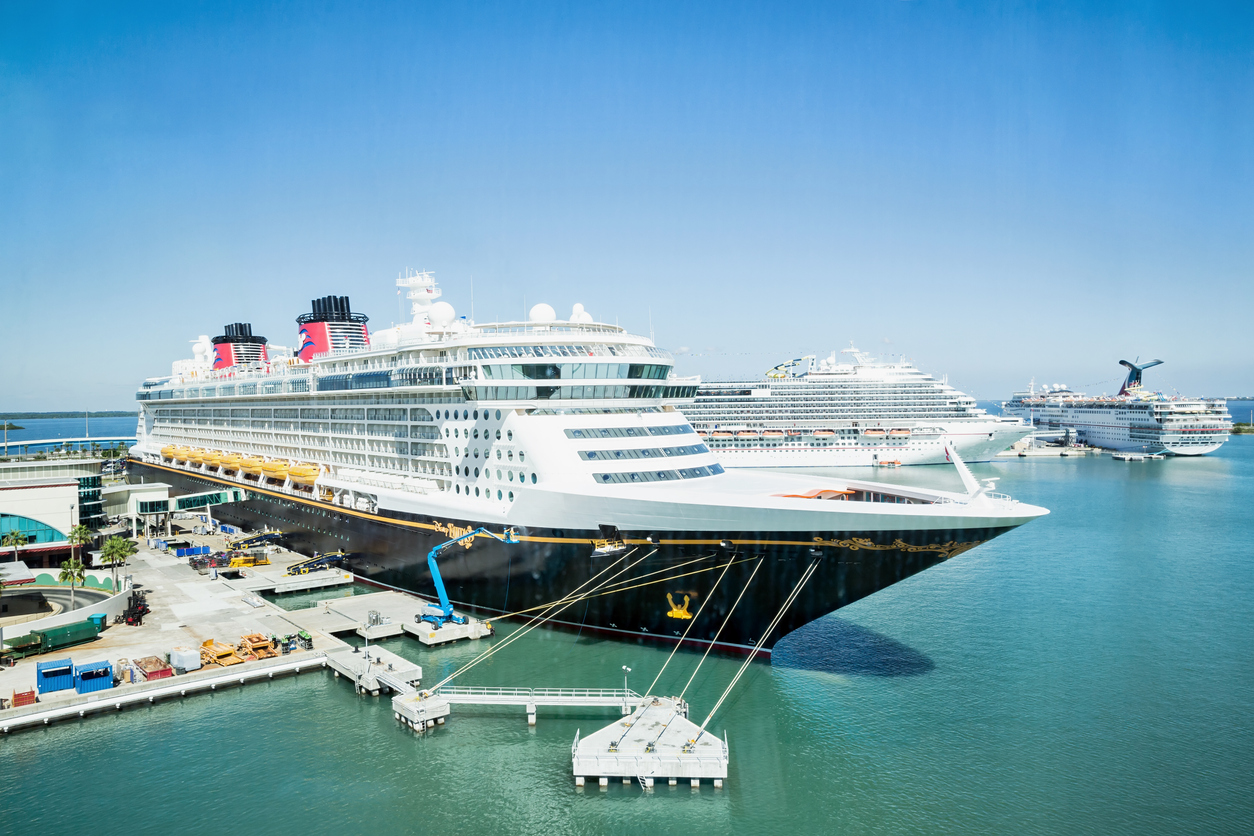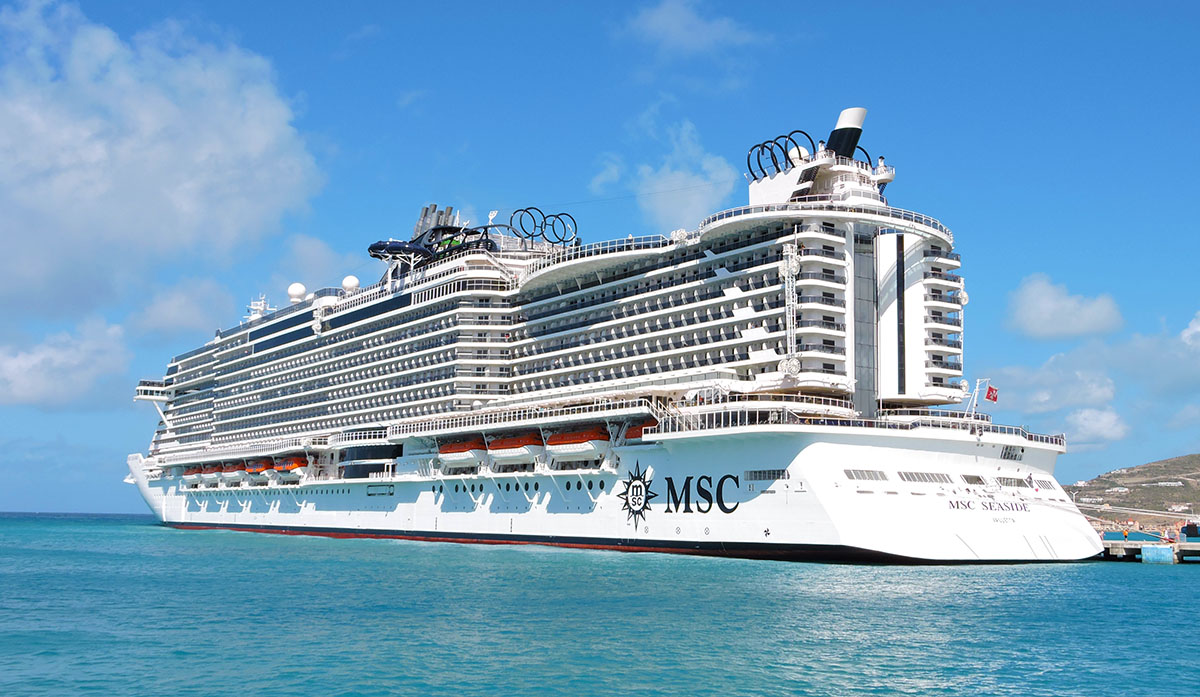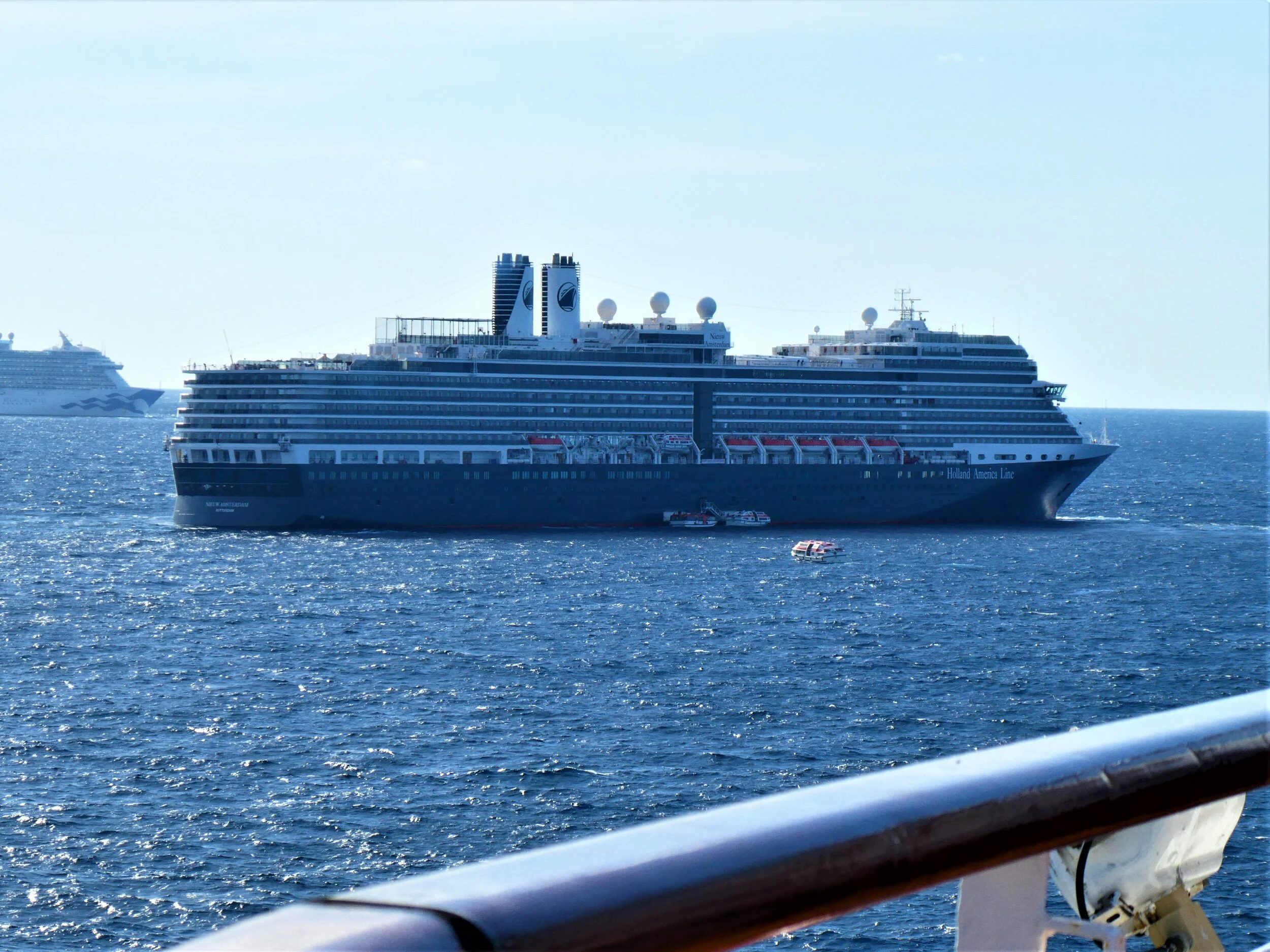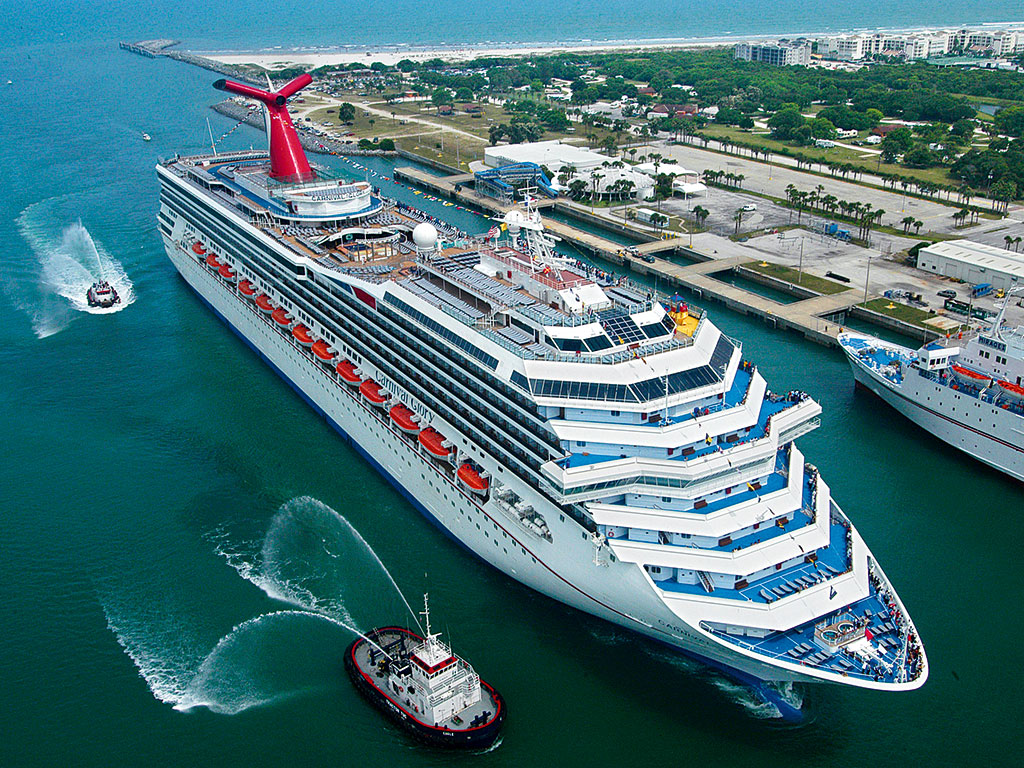Waste Management In Cruise Ships

Articles that discuss waste management were spread over different research areas demonstrating that the topic is cross-sectional and interconnected involving social economic and political considerations.
Waste management in cruise ships. Especially for the cruise ship industry this topic is even more important as they have to deal with limited facilities as well as limited space. Cruise ships often voyage in special areas protected by the International Maritime Organization IMO. The food waste must be ground in a food waste disposer before discharge.
It is no surprise that cruise ships generate large amounts of solid waste. Here we report over possible optimizations onboard cruise ships in the management of glass paper and cellulosic waste ranging from simple rationalization of the materials use for glass and paper to the recovery of some of the energy embedded in paper and other cellulosic waste. Cruise lines carefully follow waste management and recycling practices link to Waste Management Policy to prevent waste in oceans.
Due to the efforts of highly trained waste management professionals onboard some cruise ships repurpose 100 percent of the waste generated onboard by reducing reusing donating recycling and converting waste into energy. The estimated capital cost for making these improvements is approximately 3-million. Cruise ship generated solid waste management should be better investigated scientifically.
Management of water use on a cruise ship is extremely important. Cruiser ship waste management MARPOL 1. Cruise ships and medical waste governance is a rather sticky subject.
2 Cruise Ship Wastewater Management Report August 2007 3. Before the storing of the waste took a lot of space. Are therefore not important.
With increasing passenger carrying capacity cruise ship owners are looking for new ways to minimize repurpose and utilize waste to generate energy onboard. The study showed that all cruise ships should strictly follow a waste reduction program and that ports should provide adequate waste management facilities including segregation and recycling in order to optimize local facilities whenever possible. Since such ships have to function as an independent and ecologically sustainable unit during navigation there is a problem of waste management.















/cdn.vox-cdn.com/uploads/chorus_asset/file/19745569/GettyImages_1202944947.jpg)

/cdn.vox-cdn.com/uploads/chorus_asset/file/13445609/8049695654_c027c6a1ba_o.jpg)

